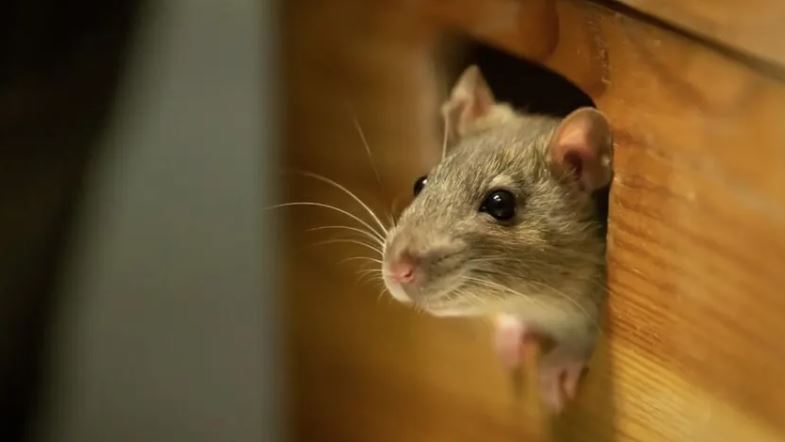The Scariest Part of RV Storage
October 7, 2022
By Kunes RV
It’s the end of the camping season and you’re thinking about the long winter ahead as you clean out the remaining remnants of your camping adventures from your RV. Suddenly, you notice a quick movement out of the corner of your eye. A skittering of gray and faint squeak as it disappears into a crevice you never noticed before. A mouse. That vile vermin that can chew through wiring, destroy mattresses and leave obvious evidence that it’s taken up residence in your RV (if you know what I mean).
How do you keep those pesky pests out of your camper? There are many DIY solutions and a bevvy of “home remedies”, but you shouldn’t depend on them.
Some of the most popular natural mouse repellants don’t work at all. You may see the _temporary _effect of your efforts, but they won’t keep mice out for long.
Mice are pretty smart little creatures. Once they’ve found a safe place to hide from predators and bad weather, they will not move out. They would rather put up with the smell of mothballs, peppermint oil, dryer sheets or deodorant soap rather than risk leaving their new home.
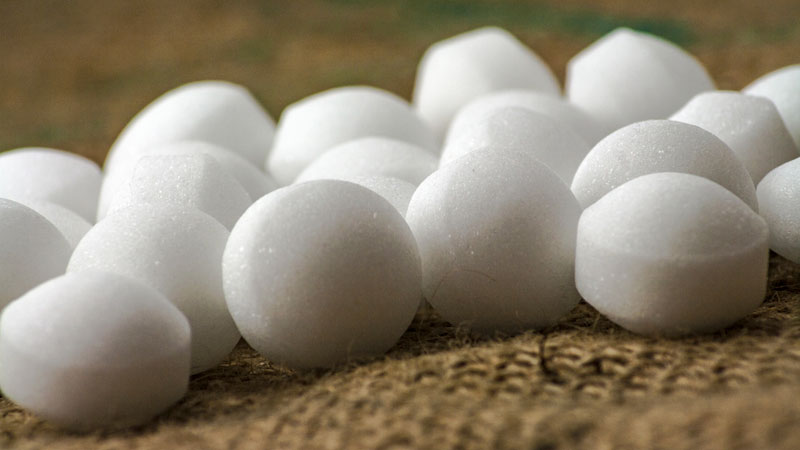
Do mothballs keep mice out of your camper?
To put it simply….NO.
Mothballs are highly effective because they contain Naphthalene. This strong-smelling, solid white substance can cause blood cells to lose their ability to carry oxygen throughout the body. Sounds great, right? While it has a profound effect on moths and other insects, the amount needed to deter mice would also be strong enough to cause damage to humans as well.

Surely peppermint oil works then, correct?
Again. NOPE! While it will most likely make your camper smell delicious, the smell alone won’t keep away those unwanted lodgers. Mice have an incredibly sensitive sense of smell. In high concentrations, peppermint oil can be quite potent. So logically, you would think that mice would head the other way. However, if you think about it, mice live in all kinds of areas-including sewers. If they can put up with the smell coming out of a stinky sewer system, then peppermint oil is really no problem. The benefits of a warm, dry space for the winter far outweighs the strong smell of oils or perfumes.
What DOES work?
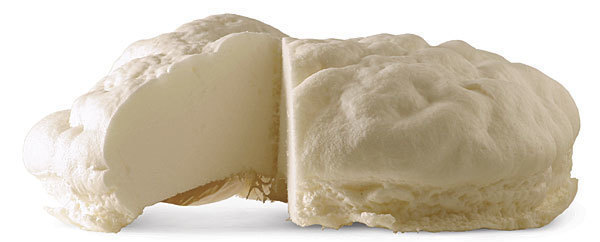
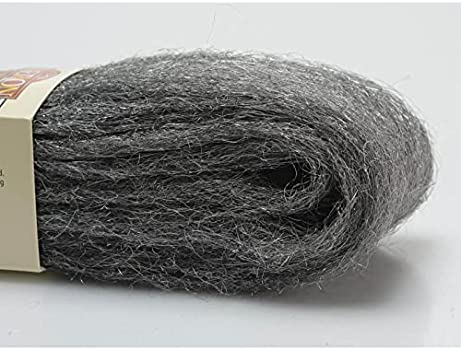
FIND THOSE ENTRY POINTS– Mice are smart AND good at climbing. NOT a good combination when it comes to your RV. If there’s an opening from the outside of your RV to the inside of your RV, mice WILL find it. With that in mind, you will need to do a thorough inspection to find all the points of entry. Once you find them, spray foam is a great choice for a more permanent solution in keeping out those rascally rodents. Steel wool is an excellent option when you want to be able to easily remove it later. Mice have a very hard time chewing through steel wool, which makes it an effective deterrent.
DOUBLE-CHECK THE INTERIOR TOO– To add some extra protection, you’ll want to do some sealing on the interior as well. Sometimes there will be an exterior entry point that you either can’t get to or can’t seal well. If you seal those same entry points on the inside, you have a doubly-better chance of keeping mice out. However, don’t assume that those tiny crevices are too small for mice to wiggle through. They can squeeze through an opening that is the size of a pencil. So, keep that in mind when inspecting your spaces.
THE NEW KID ON THE BLOCK– Mouse Free is an underbelly coating. While nothing can completely mouse-proof your rig, those that have used this product have seen good results. This lubricant creates a thin, protective coating that rodents can’t travel across. The oils mixed into the slippery spray irritate the pads of their feet, causing them to steer clear. If you would like more information or to read some testimonials, click here https://mouse-free.com/pages/the-science .
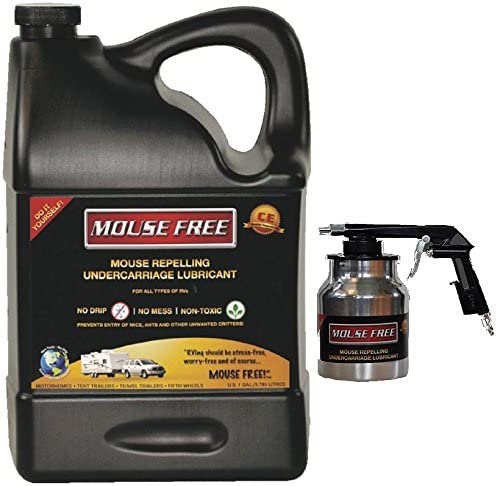
While warmer months bring the joy of camping to you and your family, the same is true for those pesky rodents during the cold-weather months of winter. Limiting their ability to take up residence in your home-away-from-home will save you from the costly damage they can inflict. Sealing holes and slippery surfaces may be the key. Here’s to a rodent-free winter!


